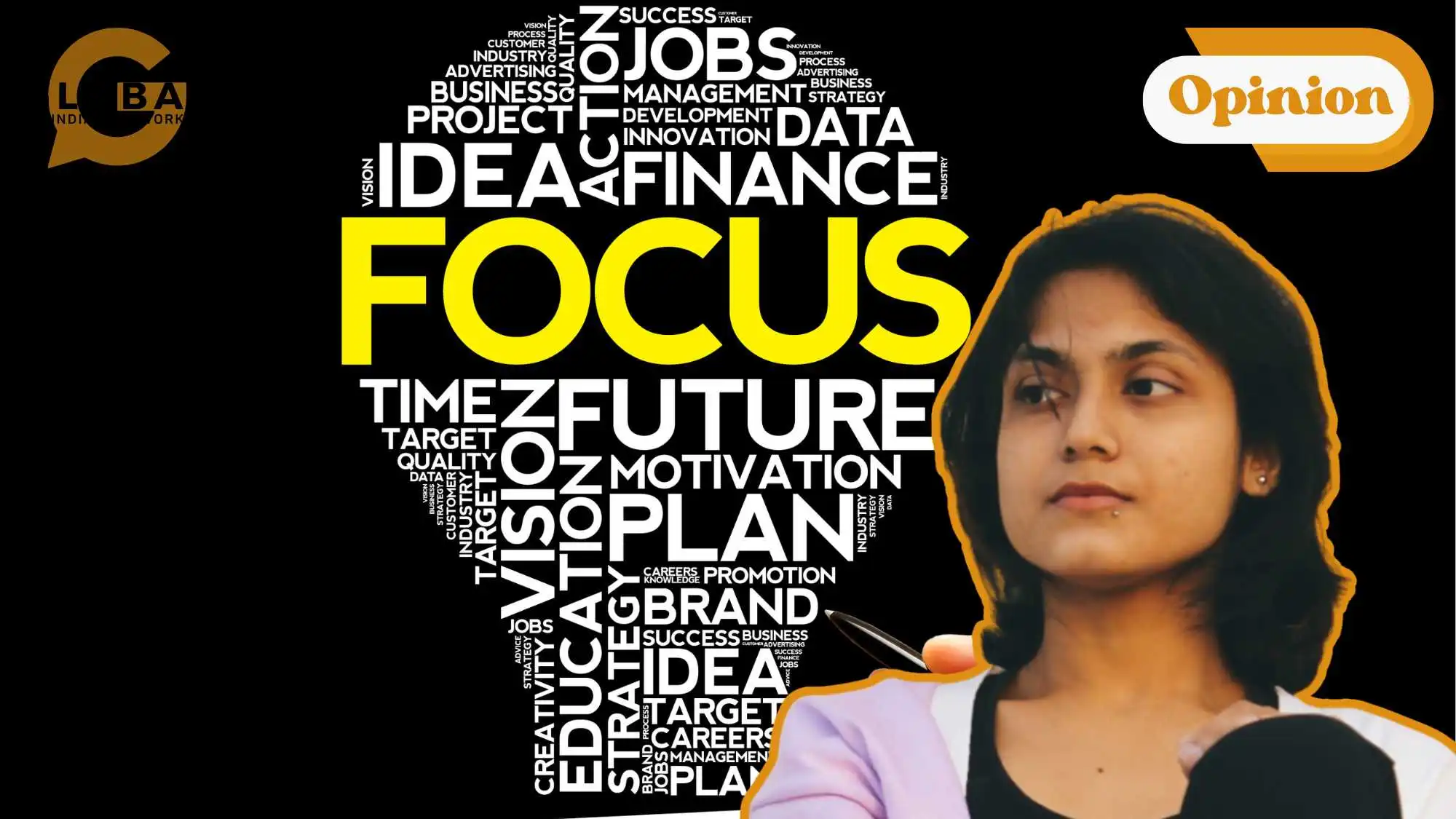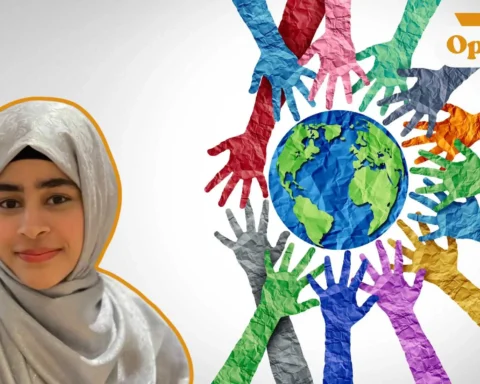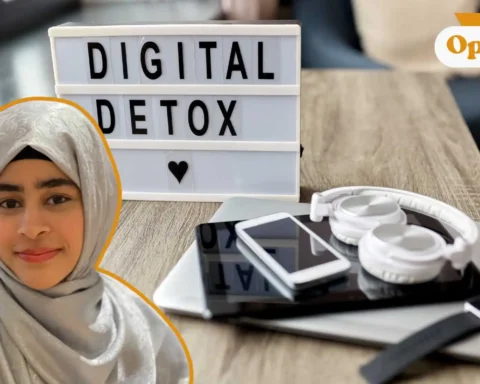With the advent of popular social media apps like TikTok and Instagram, the problem of decreasing attention span among the general population has become a significant part of public discourse, as well as a palpable collective experience. Short-form content being responsible for modern attention-deficiency symptoms seems a simple correlation to draw, after all, it is easy to think that children cannot concentrate on their homework because they are “always on their phone”. And just maybe, if we decide to look deeper, we might find out why can't we focus.
The Desire to ‘Know’ Everything
The Age of Information, beginning with the invention of the telegram system, has revolutionised how we receive, perceive and understand knowledge. Visualisation of information through digital photography and videography has further escalated the constant demand for new and exciting information. As a result, people have begun to conflate the concepts of ‘information’ and ‘knowledge’, taking one as synonymous with the other.
When information is mistaken for knowledge, and being well-informed equates to being knowledgable, as inhabitants of a competitive market economy, we harp on any information as determinants of knowledgeability and, by extension, our intelligence. Corporations and marketing companies, tuned in to this collective phenomenon, bank on every piece of information and mete them out as sensational and often borderline incorrect headlines, providing short-term engagement at best. In the long term, this leaves us with superficial facts without an in-depth understanding of what they mean in the larger context of the real world.
The gamut of fragmented and detached information available to us, at our fingertips every moment of our daily lives, can be jarringly disparate and create disengagement with the real issues of the world around us. However, on a slightly brighter side, it might also have turned us into smarter consumers who have learned how to filter out undesirable and unnecessary information by simply scrolling away.
Articles across the web commonly cite the infamous Microsoft study, which boldly and somewhat inaccurately states that “humans now have a shorter attention span than a goldfish”, dropping from 12 seconds in 2000 to 8 seconds in 2021. Although several scientific articles have already debunked this myth, it is still worth questioning whether our attention span is falling or if the world around us is becoming more and more distracting.

Scrolling Your Problems Away
It is true that modern consumers of digital media are better at identifying what they want and don’t want to engage with. However, the ability to differentiate between relevant and irrelevant content does not necessarily stop them from spending hours on end doom-scrolling into oblivion. Therefore, it must be less about the fact that our attention spans are getting shorter and more that something compels us to pick up our phones just to be carried through disjointed pieces of audio-visual information.
Scientific research over the past years has found a connection between digital addiction and negative feelings associated with poor mental health. Mental health issues are not exclusive to the current times. However, what separates the past from the present collective scenario is how it has become normalised as a pervasive social phenomenon. The glorification of hustle culture and cut-throat corporate competitiveness have perpetuated the idea that negative emotions like constant stress and anxiety are a normal part of human life.
It makes sense then that in the meagre intervals of time available for resting and winding down, people choose the phone instead of sitting and processing their feelings in a healthy and productive way. The availability of short-form content provides the immediate relief and instantaneous pleasure that long-term remedies fail to provide. The compartmentalised structure of the average modern daily routine does not make space for nurturing conducive habits, making it much easier to let ourselves get sucked into the information whirlpool of social media and the web.
Our willingness to subject ourselves to the onslaught of information, no matter how arbitrary, also comes from a place of resistance to any present impending task that we might subconsciously associate with negative emotions. This results in the common phenomenon of procrastination, which productivity gurus and motivational speakers online have widely and falsely presented as a personal fault fixable with to-do lists and Pomodoro timers.
Once we accept that the problem is not with our attention spans or our awareness of what is important and what is not but is rooted in a much deeper social cause, we begin to realise our triple role as generators, participants and victims in the endless cycle of production and consumption that governs the world. The next step would be to take charge of this cycle and become conscious consumers capable of consuming content critically rather than with a passive detachment and, when necessary, even turning away from it.

What are your views? Let us know in the comment section. If you have burning thoughts or opinions to express, please feel free to reach out to us at larra@globalindiannetwork.com











[…] the present time, when people all over the country are becoming aware of the term' mental health', how one should maintain it, and what will be the outcome if not taken care of properly, but then […]
[…] and recognition, find themselves trapped in a cycle of excessive work that can lead to severe mental health issues. This article will explore how to identify workaholism and implement strategies to break […]
[…] times, stress, anxiety, and depression are prevalent, so taking proactive steps to safeguard your mental health is essential. Just as you would create a fitness plan to improve your physical health, a mental […]
[…] it has finally begun to come out and receive the acknowledgement it should have a long time ago. Mental health is not a luxury; it is a […]
[…] this applies to all age groups, heavy technology use is deemed to be the biggest contributor to mental health issues in adolescents. Increased time on social media can lead to several mental health issues, […]